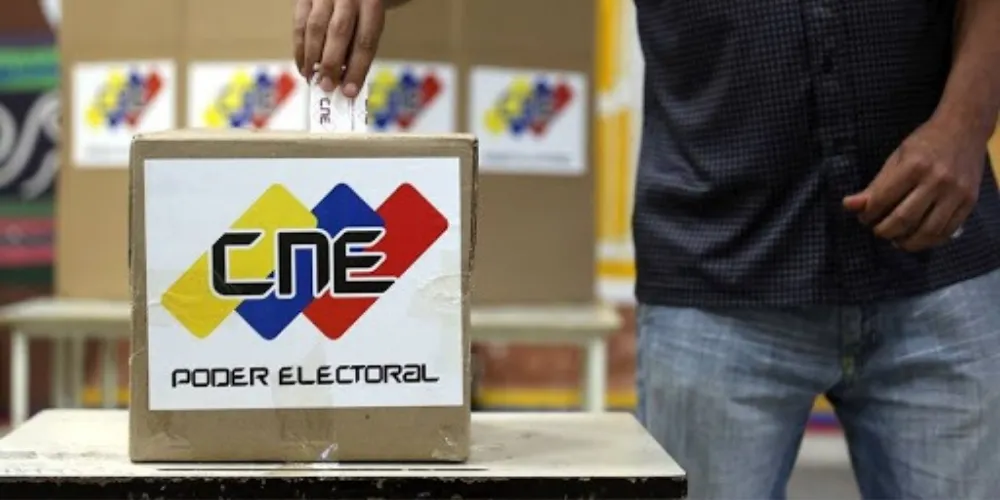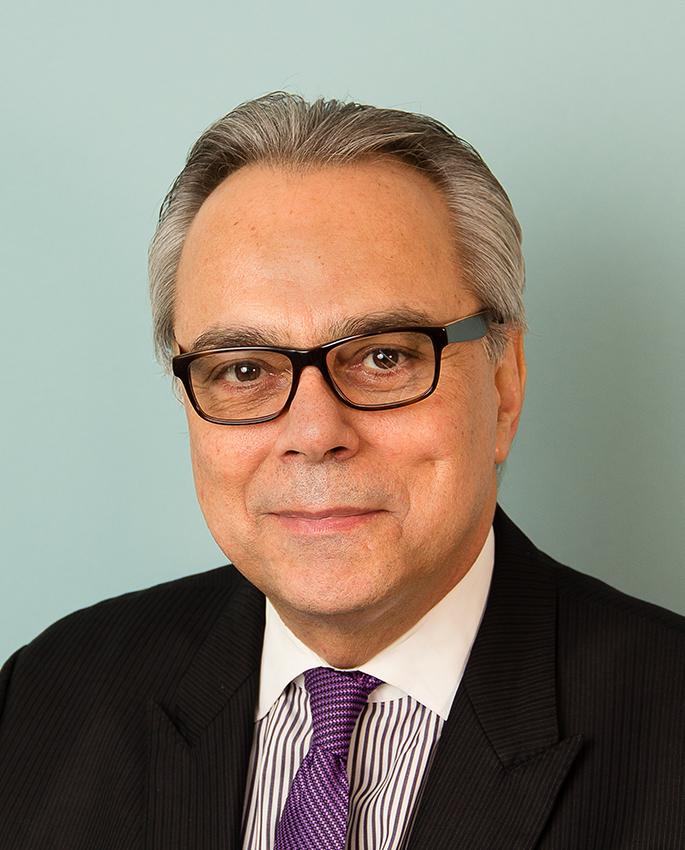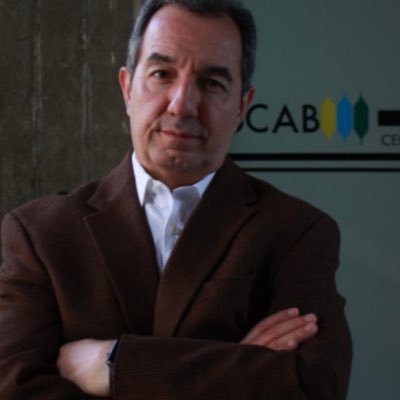The lack of electoral integrity in the Venezuelan legislative elections

If the most recent elections in Venezuela have already been marked by distrust, the election scheduled for 6 December, in which the entirety of its National Assembly will be renewed with a five-year term, has given rise to even more questions about its integrity. In addition, the election will be held in particularly adverse circumstances, for in addition to the political and humanitarian crises Venezuela has been experiencing are the risks posed by the COVID-19 pandemic, which has impacted the organization of elections worldwide.
Disclaimer: Views expressed in this commentary are those of the author. This commentary is independent of specific national or political interests. Views expressed do not necessarily represent the institutional position of International IDEA, its Board of Advisers or its Council of Member States.
Este artículo está disponible en español.
Various actors from the international community, such as the Lima Group and the International Contact Group on Venezuela, as well as multilateral agencies and specialized institutions, have expressed their concerns about holding an election without having corrected the problems noted in previous elections, and which on this occasion appear to have become even more serious.
The opposition parties, led by Juan Guaidó, and which have held sway in the current National Assembly since the 2015 legislative elections, have decided not to participate in the election called for 6 December. They consider that it is not a free and fair election; they have denounced that the electoral authorities—persons close to the government—were chosen by the Maduro administration through the Supreme Court, which is also under his control.
In this context, and with the aim of helping to better understand the conditions in which Venezuela goes into this election, at International IDEA and the Center for Political and Government Studies of the Universidad Católica Andrés Bello (CEPyG-UCAB), a notable group of Venezuelan experts was convened to evaluate the key issues when it comes to guaranteeing the integrity of any election.
This group of specialists has produced a detailed report that was presented in Caracas last 12 November. The report describes the main problems these elections will face. It also offers recommendations to help redirect the process to ensure equity and transparency, which appears not to be possible any longer for the election called for 6 December; rather, it would require reformulating the stages already carried out, under new conditions. Yet the Venezuelan government, unfortunately, has refused to do so on several occasions, including the recent opportunity when the European Union sent a mission in an effort to secure a new date and appropriate conditions for these elections.
The report, after analyzing critical variables, questions the conditions in which this process is unfolding. One of the most important aspects the document reflects is the criminal prosecution and loss of autonomy of the political organizations when it comes to designating their own authorities and candidates as well as making other decisions, which is fundamental for a democratic contest. Indeed, through the meddling of the Supreme Court of Justice in internal political-party dynamics, it replaced the leaders of Venezuela’s principal opposition political parties by other directors made up of persons with whom the Maduro administration has entered into agreements, which has called into question not only the juridical security of the electoral process, but the most fundamental political rights.
As a common practice among hybrid regimes and electoral autocracies, this has entailed fragmenting and replacing the opposition that holds the majority in the current legislature by a new and politically co-opted opposition. Accordingly, it is a process designed for the results to pose no surprise to the government, and for the parties who participate to taking the place of the opposition, to compete among themselves for a number of seats that was increased from 167 to 277, in violation of the Constitution, without any protests or demands concerning the conditions in which this election is being organized.
Another important aspect in any election is voter registration. This should be specific, credible, up-to-date and in keeping with the law, ensuring that every person with the right to vote can register. If registration, because of how it is designed or decisions by the electoral authorities, excludes a significant number of voters, as has occurred here according to the experts’ report, it seriously compromises the integrity of the election. In the case of Venezuela, moreover, there has been a migration of large numbers of citizens to other countries; they have been excluded from registering to vote, as have new voters who have remained in Venezuela but were unable to register due to the limitations imposed by the National Electoral Council.
The report also addresses the variable of the secret ballot. It concludes that one of the fundamental instruments of coercion used against Venezuelan voters is the distrust of the secret ballot promoted by the government itself which, in turn, is accompanied by the threats of reprisals against those voters who somehow are economically dependent on the State be it as employees, contractors, or beneficiaries of social programmes, among other situations.
In addition, we all know how important it is, for the integrity of an election, that public resources are not used to the benefit or detriment of any of the competitors, and that access to media outlets, both public and private, is fair for all participants. The experts who were convened by International IDEA and the CEPyG-UCAB have identified various actions that violate these guarantees, including shutting down media outlets and withdrawing concessions for the radio spectrum; legal, police, and “para-police” persecution of journalists, their teams, and media owners; as well as the purchase of media outlets through “allies” and economic favors by contracting advertising and the assignment of foreign exchange or financing by the state banks.
Another shortcoming of this process is the lack of any electoral observation, which is crucial for attesting to the integrity of the process and its results. The European Union (EU) announced on 11 September that “there is now too little time” to deploy an electoral observation mission for 6 December, for it would need an invitation with at least six months lead time to guarantee an appropriate technically-qualified observation.
The experts’ concerns also extend to the technical shortcomings of the process of automation in which recently a new company was secretly hired to provide the hardware and software for this election. In addition, as of this writing, there is no information about the biosecurity protocols that the election authorities will implement, in light of the pandemic, to guarantee voters’ health, which could translate into justified fears when it comes to casting one’s vote.
Clearly, the Venezuelan experience, like comparative international experiences, shows that it is not possible to generate trust in an election without addressing the fundamental issues, i.e. those that have led to a severe deterioration in democracy and the integrity of its elections, as reflected in the principal international indices, such as those maintained by Freedom House, the V-Dem project, the Democracy Index of The Economist Intelligence Unit, and International IDEA’s Global State of Democracy. Unfortunately, this trend continues, as evidenced by recurrent and structural problems that affect the integrity, legitimacy and credibility of the upcoming election.
It is of the utmost importance that the international community and Venezuelans themselves become familiar with this technical report, which also offers recommendations for regaining electoral integrity in the Venezuelan elections, which is critical for the country’s democratic future.
Read the full report in Spanish.
Read the report's summary (in Spanish).
Benigno Alarcón Deza is the Director of the Center for Political and Government Studies at the Universidad Católica Andrés Bello en Caracas, Venezuela.
Daniel Zovatto is the Regional Director for Latin America and the Caribbean of International IDEA.





